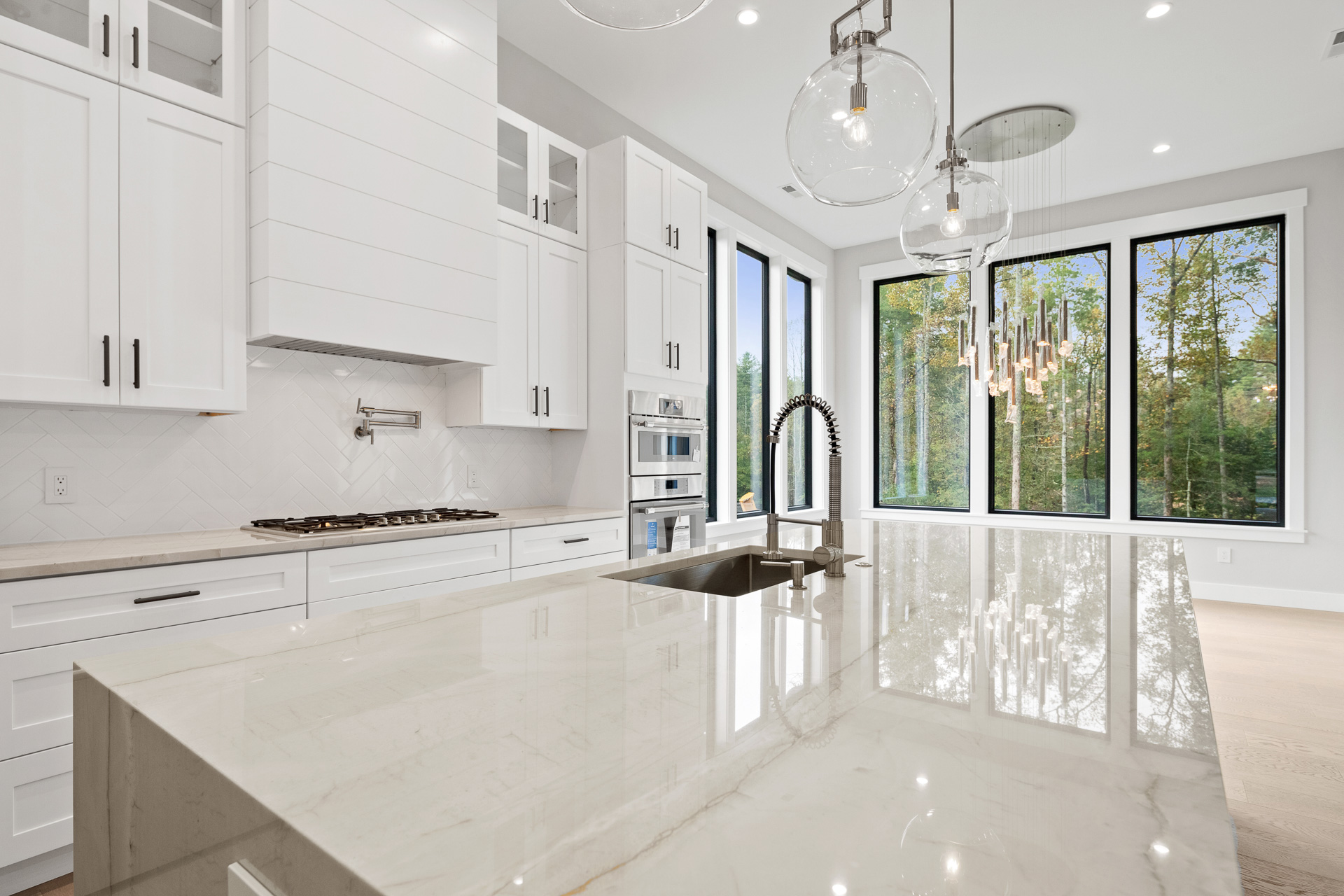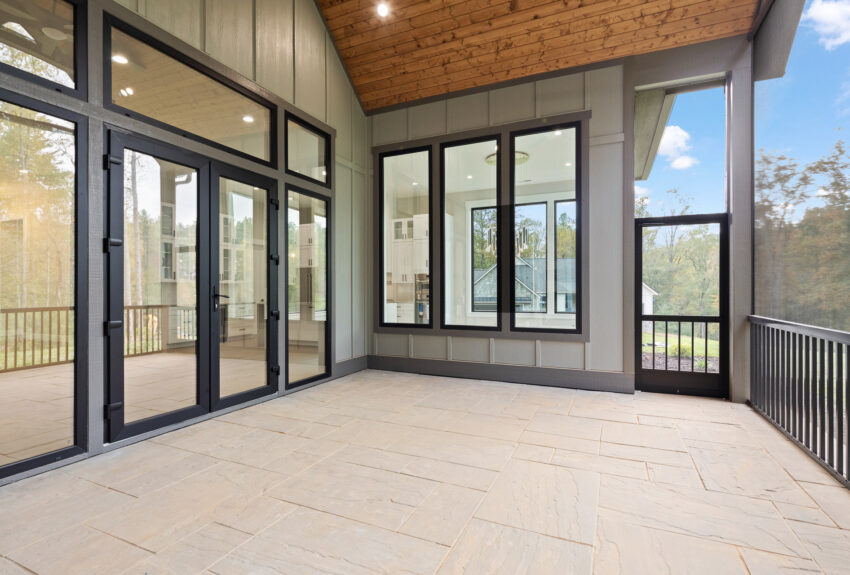Contact Us
(828) 538-2040Understanding the Bedroom Closet Controversy
What if I told you there’s a way to redefine what constitutes a bedroom? The age-old debate surrounding whether a room truly needs a closet to be considered a bedroom has sparked interest among homeowners, sellers, and real estate professionals alike. This topic can not only influence home valuations but can also affect your comfort level in how you organize your space.
The Traditional Definition: A Closet Requirement?
Traditionally, many have believed that a closet is essential for a room to be classified as a bedroom. However, this definition can vary significantly depending on local zoning laws and building codes. For instance, imagine walking into a charming historic home, where one of the bedrooms is adorned with elegant furnishings but surprisingly lacks a built-in closet. In areas with strict definitions, such a room might be listed as a “bonus room” rather than a legitimate bedroom, impacting its marketability.
In fact, a survey conducted by the National Association of Realtors found that homes with designated bedrooms sell for an average of 10% more than those without—but those extra rooms don’t always need closets. Some buyers find creative solutions, such as using armoires or dressers as makeshift storage systems.
Real-World Implications: Case Studies
Consider a recent case where a home in a popular neighborhood was originally listed as having three bedrooms. Upon closer inspection, one room lacked a closet. By redesignating it as a “flex space,” the seller emphasized its versatility—potential as an office or nursery—and managed to attract a broad range of potential buyers. The home ultimately sold above the asking price!
Statistics Speak Volumes
According to recent studies, nearly 30% of buyers are not deterred by the absence of a closet, viewing it as an opportunity for customization. Innovative design features, such as built-in shelving or creative storage solutions, can transform perceived shortcomings into standout qualities. Homeowners who embrace this flexibility often report increased satisfaction and comfort.
Innovative design features, such as built-in shelving or creative storage solutions, can transform perceived shortcomings into standout qualities. Homeowners who embrace this flexibility often report increased satisfaction and comfort.
Reimagining Space: Actionable Insights
Let’s dive in together and explore some ideas that can help you maximize any room without a traditional closet. These insights not only enhance aesthetics but also greatly improve functionality:
- Use Multi-Functional Furniture: Opt for beds with under-bed storage or ottomans that double as storage. This allows you to keep your belongings organized without needing a full-sized closet.
- Creative Storage Solutions: Wall-mounted shelves, hooks, and modular storage units can elevate any space. Create a visually appealing arrangement that serves both style and practicality.
- Designate a Wardrobe Area: Consider setting up a stylish clothing rack. This not only provides visibility to your outfits but also adds an artistic touch to your room.
Building Trust with Flexibility
Addressing concerns among potential buyers, it’s beneficial to highlight the advantages of having a non-traditional bedroom space. Imagine how it feels to have a dedicated area for hobbies, work, or relaxation—the possibilities extend far beyond merely sleeping!
The Bottom Line: An Evolving Perspective
As the real estate landscape continues to evolve, so too does our understanding of space and usability. Whether you’re considering a home purchase or looking to sell, recognizing that a bedroom doesn’t always need a closet opens up exciting opportunities for creativity and flexibility.
Explore options that resonate with your lifestyle, and remember: every home tells a story. Let yours reflect the uniqueness that makes it truly yours, whether it’s in a cozy retreat like Big Hills or a luxurious escape at Stoneridge.
Big Hills
Author




